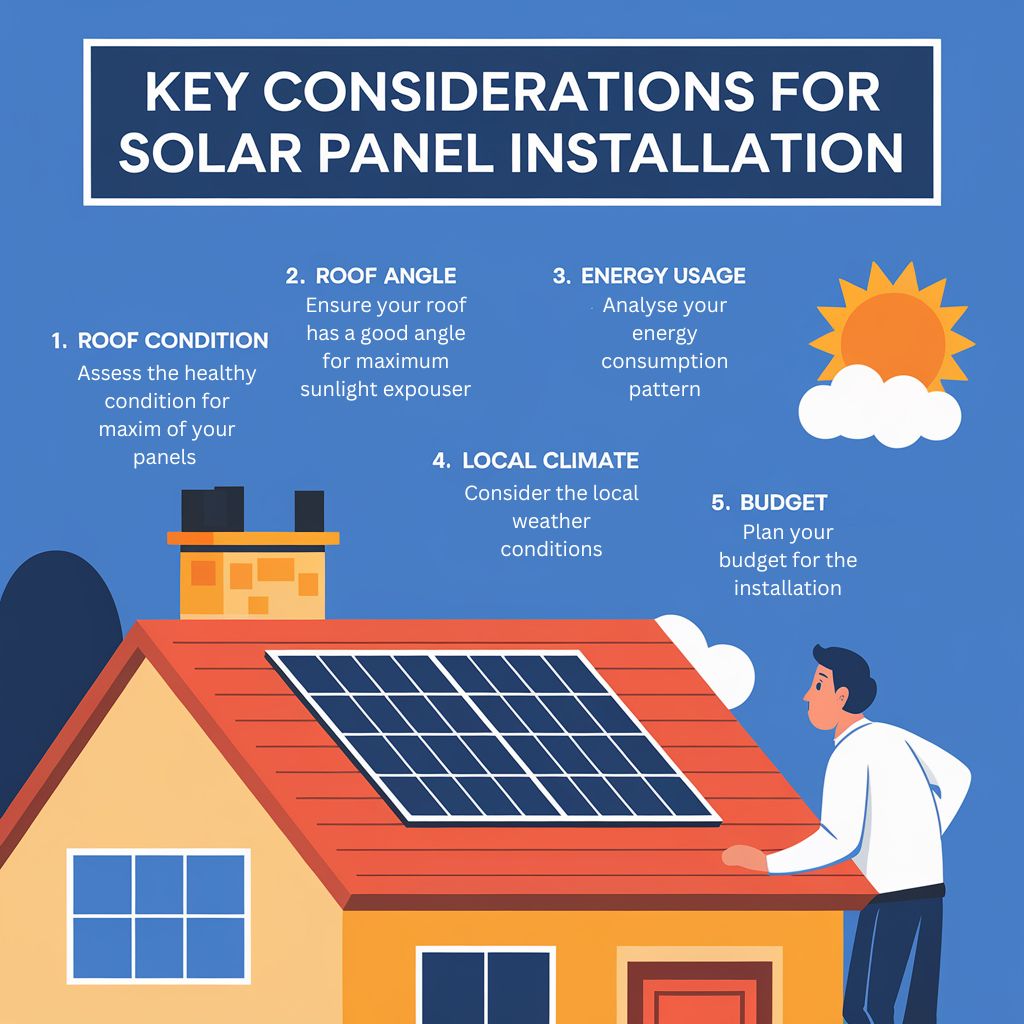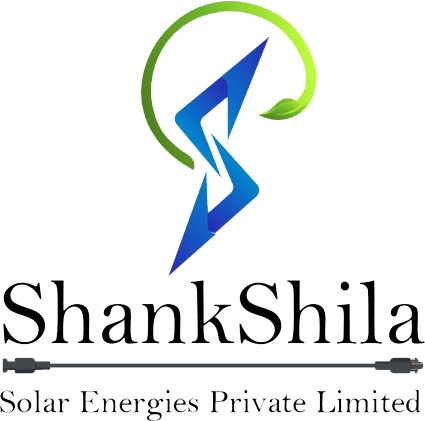
Key Considerations For Solar Panel Installation
Share
When installing solar panels, ensuring a safe and efficient system involves more than just the panels themselves. Here's what you need to keep in mind:
1️⃣ Proper Site Assessment: Before installation, it’s crucial to assess the roof space, angle, and shading. Ensure your solar panels have the optimal exposure to sunlight for maximum energy production.
2️⃣ Choosing the Right Components: Selecting high-quality components like solar PV junction boxes is critical. These junction boxes are key for safely connecting multiple strings of solar panels. They house the electrical connections, protecting the system from environmental hazards, overloading, and ensuring long-term durability.
3️⃣ Wiring & Connections: The quality of wiring plays a significant role in the efficiency and safety of the system. EV wiring harnesses should be used for integrating solar systems with electric vehicle charging stations. These specialized harnesses are designed for high-voltage, ensuring seamless integration and reducing the risk of short circuits or power loss.
4️⃣ Compliance with Local Codes: Always adhere to local regulations to avoid potential issues during inspection and to guarantee safety standards.
5️⃣ Inverter & Battery Storage: Choosing the right inverter ensures that your solar panel system’s DC power is converted into usable AC power. Battery storage can further enhance system reliability.
6️⃣ Regular Maintenance: After installation, routine maintenance is vital to ensure optimal performance. Check for any damage to junction boxes, wiring, and overall system integrity.
Why It Matters: Proper installation, with attention to components like solar PV junction boxes and EV wiring harnesses, ensures not only safety and compliance but also long-term performance and efficiency.
Let's drive sustainable energy forward!
